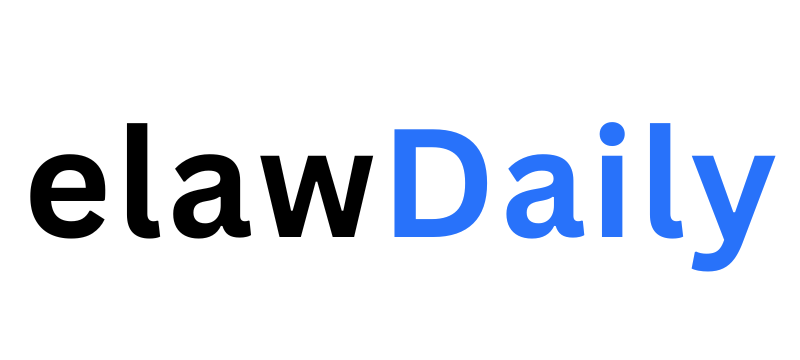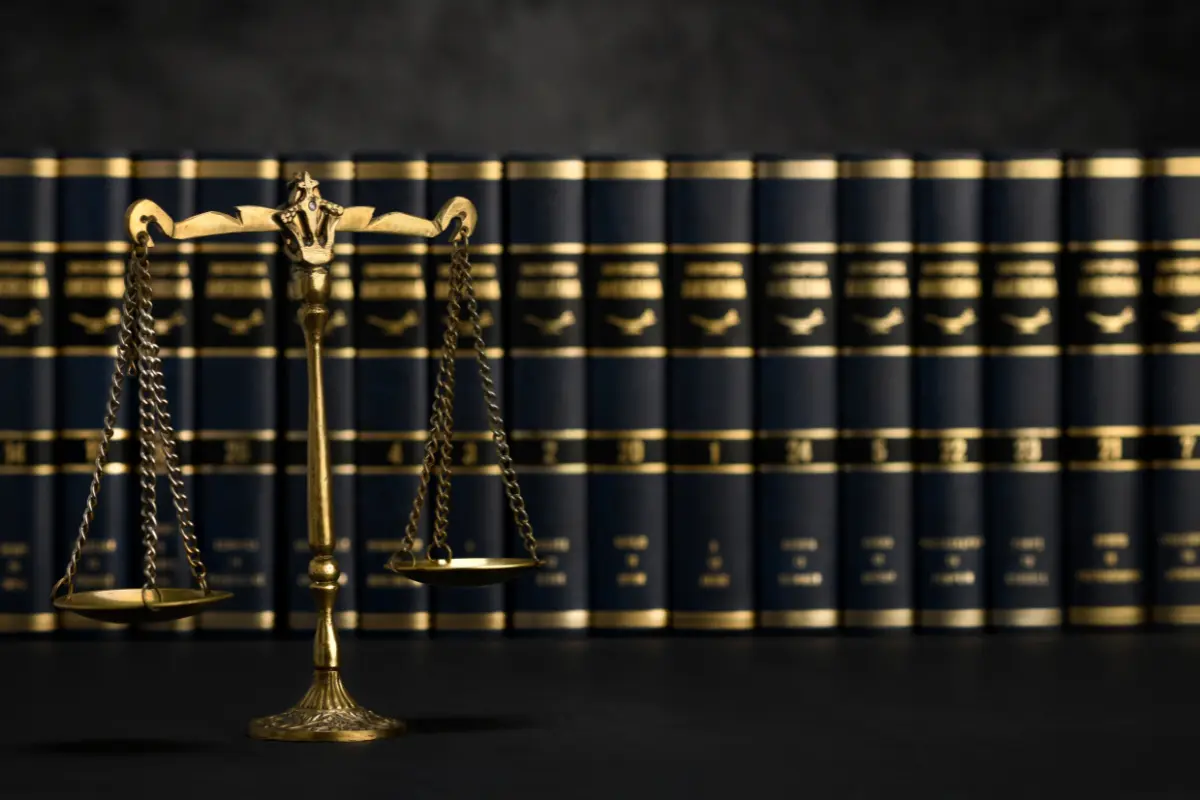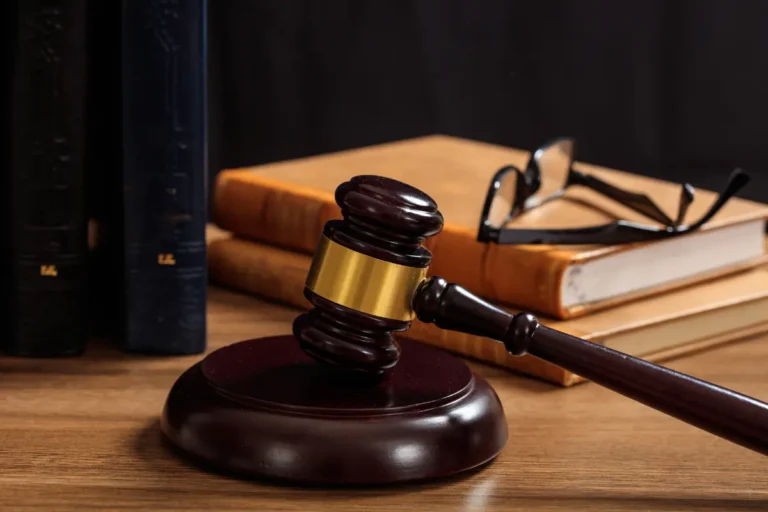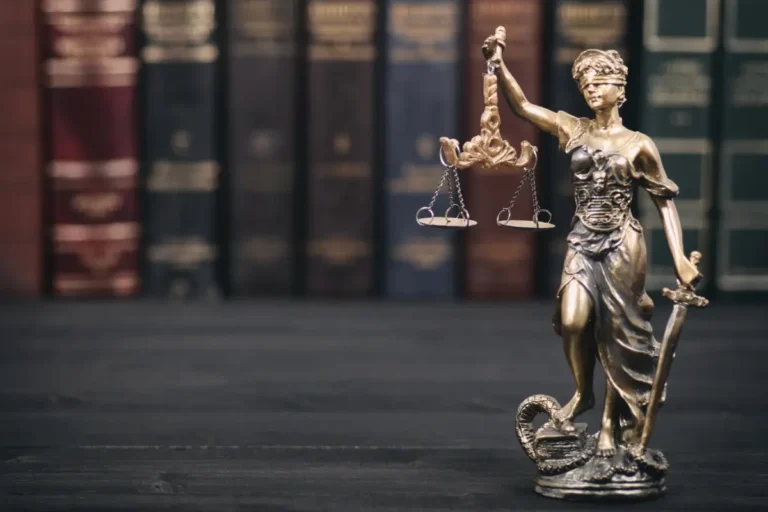The case of Campbell v Mirror Group Newspapers Ltd [2004] UKHL 22 is a landmark decision in English law concerning privacy rights and freedom of expression. The case revolved around the balance between an individual’s right to privacy under Article 8 of the European Convention on Human Rights (ECHR) and the press’s right to freedom of expression under Article 10 ECHR. The House of Lords ultimately ruled in favour of Naomi Campbell, reinforcing the concept that even public figures have a reasonable expectation of privacy in certain circumstances.
This decision has significantly influenced media law, especially regarding journalistic conduct and the ethical boundaries of reporting on celebrities’ private lives. The ruling established that disclosing sensitive personal information, particularly regarding medical treatment, can amount to an unlawful intrusion into privacy, even if the general topic is of public interest.
Facts of Campbell v Mirror Group Newspapers Ltd
Naomi Campbell, a world-renowned supermodel, had publicly denied drug use. However, Mirror Group Newspapers Ltd (MGN), which owns the Daily Mirror, published an article exposing her drug addiction. The newspaper’s report included covertly taken photographs of Campbell leaving a Narcotics Anonymous meeting, alongside details of her treatment and its location.
Campbell did not dispute that the newspaper had the right to correct her false claims by revealing her addiction and her treatment. However, she argued that the publication of the photographs and the specific details of her therapy breached her right to privacy. She contended that this exposure deterred her from seeking further treatment and could discourage others from attending similar therapy sessions due to fears of media intrusion.
Legal Issues
Campbell versus Mirror Group Newspapers Ltd case raised two principal legal questions:
- Did Naomi Campbell have a reasonable expectation of privacy concerning the publication of the photographs and details of her treatment?
- Did MGN’s freedom of expression (Article 10 ECHR) justify the publication, despite her privacy rights under Article 8 ECHR?
The key legal debate was the balance between the press’s right to publish information in the public interest and an individual’s right to privacy, especially when it involved sensitive medical information.
House of Lords Decision in Campbell v Mirror Group Newspapers Ltd
The House of Lords reversed the Court of Appeal’s decision by a 3:2 majority, ruling in favour of Campbell. The judgement established key principles regarding privacy rights in English law.
Key Findings
- Expectation of Privacy Test: The court determined that Campbell had a reasonable expectation of privacy concerning her medical treatment. The photographs and location of her therapy sessions were private and confidential.
- Balance Between Articles 8 and 10 ECHR: The court applied a balancing test:
- Was Article 8 (privacy) engaged? → Yes, because the information concerned her health and medical treatment.
- Did Article 10 (press freedom) outweigh her privacy rights? → No, because the publication of photographs and treatment details added unnecessary intrusion beyond the public interest.
- Impact of Disclosure: The publication could deter Campbell and others from seeking treatment, making it harmful beyond mere embarrassment.
Majority Opinion
- Baroness Hale, Lord Hope, and Lord Carswell held that MGN exceeded acceptable journalistic standards by including unnecessary private details.
- Baroness Hale specifically noted that images hold greater impact than words, and the photographs added “real significance” that heightened the invasion of privacy.
- The court emphasised that medical treatment is inherently private, and even public figures are entitled to confidentiality in such matters.
Dissenting Opinion
- Lords Nicholls and Hoffmann dissented, arguing that since the press was allowed to report Campbell’s drug addiction and treatment, publishing the photographs was within the journalistic margin of appreciation.
- Lord Hoffmann contended that the images did not materially increase the impact of the story.
- Lord Nicholls suggested that the legal framework should focus on “privacy” rather than “confidentiality” in cases involving personal information.
Conclusion
The ruling in Campbell v Mirror Group Newspapers Ltd [2004] UKHL 22 remains one of the most significant cases in privacy law and media regulation. The House of Lords’ decision reinforced the principle that while the press plays a vital role in informing the public, it must act responsibly and respect personal privacy—especially concerning health and medical treatment.
This case has been widely cited in subsequent privacy litigation, shaping the legal landscape for celebrities and the media. It clarified that public interest does not justify unlimited intrusion and provided a framework for balancing privacy with journalistic freedom.
Ultimately, Campbell v Mirror Group Newspapers Ltd [2004] UKHL 22 set a precedent that continues to guide courts in determining when and how personal information should be protected from media intrusion.




